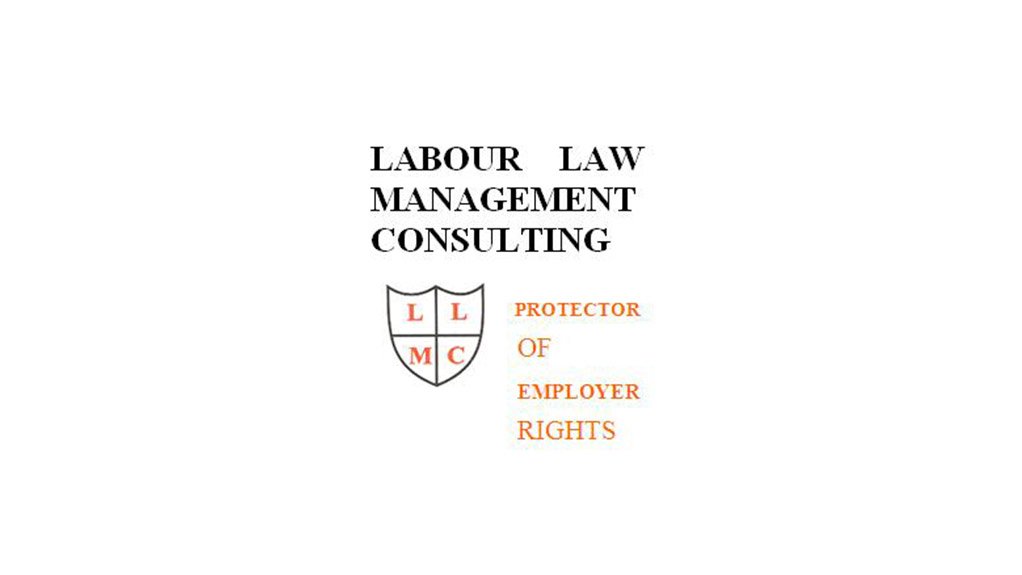The Code of Good Practice: Dismissal (the Code) serves as a guideline for all those presiding over disputes related to discipline and dismissal.
Employers would be mistaken if they were to interpret the contents of the Code too simplistically. For example, item 3(4) of the code lists some examples of offences that might merit dismissal even in the absence of prior warnings. Included in this list is the offence of “gross insubordination”. The concept of insubordination means ‘refusal to obey a lawful and reasonable instruction’.
Despite the inclusion of “insubordination” in the Code as a possible justification for dismissal employers would be wrong to assume that the refusal to obey a lawful and reasonable instruction will always justify dismissal. In fact, refusal to obey a lawful and reasonable instruction may, in some cases, not even constitute misconduct!
In the case of MITUSA obo Clarke vs National Ports Authority (2006, 9 BALR 861) the employee, a Tug Master, was dismissed for refusing to obey a tugboat Pilot’s instruction to tie the tug’s rope to the front of the ship to be boarded. However, the employee refused to do so and was threfore fired.
The employee took the matter to private arbitration and stated that that her relationship with the Pilot had always been difficult because, she believed, he might have been suspicious of female Tug Masters.
The arbitrator found, amongst other things, that:
- In terms of the employer’s policy and international practice Pilots carry out boarding operations at their own discretion
- Decisions of Pilots as regards boarding operations are final
- The instruction given by the Pilot had been both lawful and reasonable
- However, when manoeuvring their vessels to carry out the Pilot’s instructions Tug Masters must avoid risks
- According to standing orders, should the safety of the tug be at risk, the Tug Master may disregard the Pilot’s instruction
- Had an accident occurred after the rope had been secured to the front of the vessel the Tug master would have been blamed
- While the Pilot’s instruction was lawful and reasonable and may have been seen by others as being a safe one the Tug Master had the right to a different opinion and to act on that differing opinion because she was responsible for the tug’s safety
- Contrary to the subsidiary charges the employee had neither been argumentative nor had behaved in an unprofessional manner
- Despite the validity of the Pilot’s instruction the Tug Master had not committed insubordination; she had exercised her professional discretion as she had been entitled to do
- The Pilot’s demeanour during the arbitration indicated that his view of female Tug Masters contributed to his attitude and all the events of the case
- The dismissal was substantively unfair
- The employee was to be reinstated with full back pay which amounted to eight months’ remuneration and benefits.
Employers must therefore avoid basing dismissal decisions on personal attitudes. Instead, expert advice should be sought to establish whether the employee truly committed an offence.
To observe our expert panel debating contentious labour law topics go to www.labourlawadvice.co.za and click on the labour law debate item in the main menu.
Written by Ivan Israelstam, Chief Executive of Labour Law Management Consulting. He may be contacted on (011) 888-7944 or 0828522973 or on e-mail address: ivan@labourlawadvice.co.za. Go to: www.labourlawadvice.co.za.
EMAIL THIS ARTICLE SAVE THIS ARTICLE ARTICLE ENQUIRY
To subscribe email subscriptions@creamermedia.co.za or click here
To advertise email advertising@creamermedia.co.za or click here











